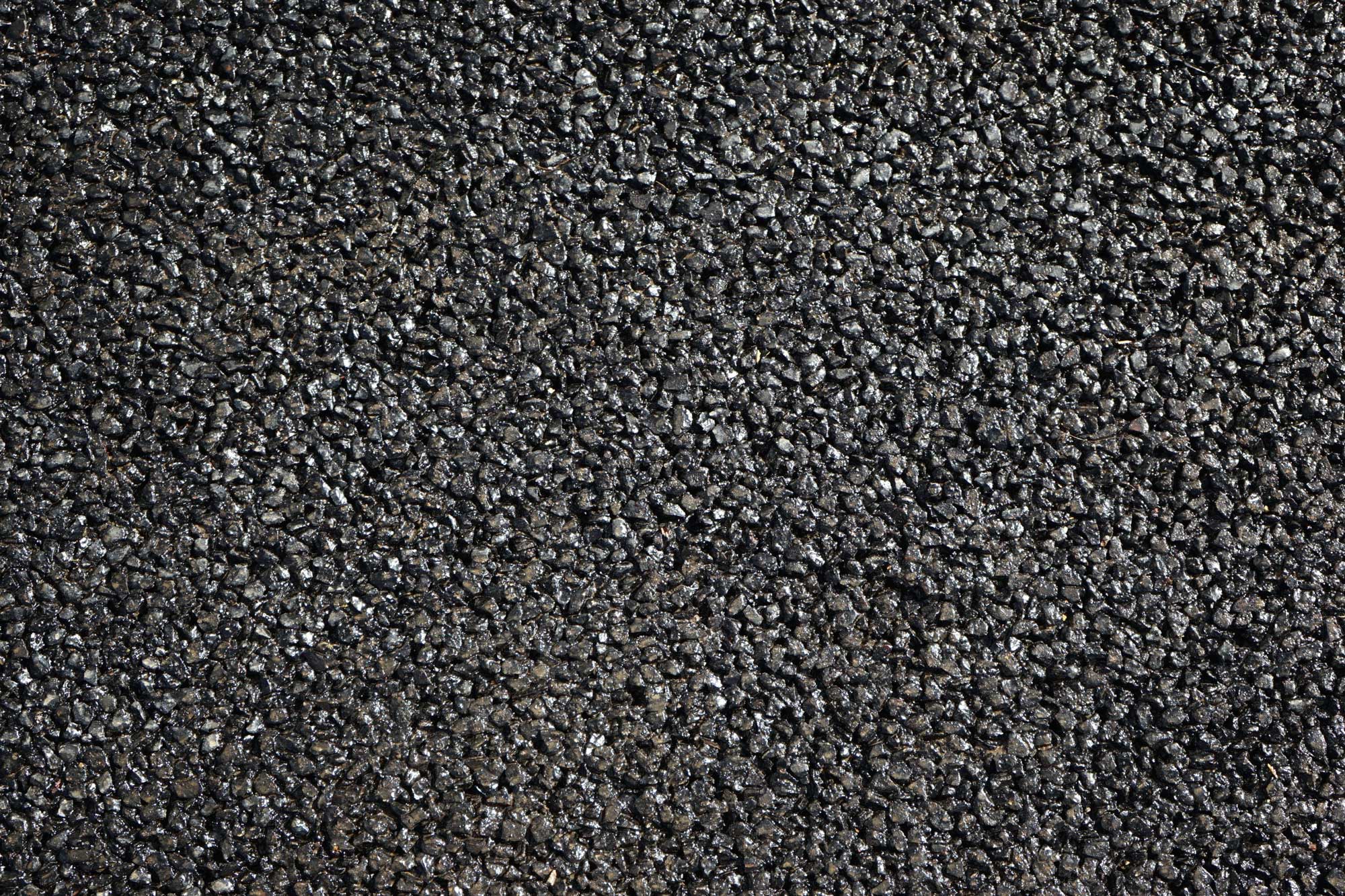Raise Your Commercial Room with Hot Mix Asphalt Paving Solutions
Raise Your Commercial Room with Hot Mix Asphalt Paving Solutions
Blog Article
Exploring the Ecological Advantages of Warm Mix Asphalt
The use of Warm Mix Asphalt in infrastructure tasks provides a compelling case for lasting development and ecological stewardship. By diving into the intricate information of its production processes and the cutting-edge use of recycled materials, a deeper understanding arises of exactly how this technology exceeds simple surface applications. The ecological benefits of Warm Mix Asphalt prolong much beyond first perceptions, offering a nuanced viewpoint on exactly how this product can pave the means for a greener future.

Reduced Greenhouse Gas Emissions
Hot Mix Asphalt production provides a considerable decrease in greenhouse gas discharges compared to other pavement materials. The production process of Hot Mix Asphalt involves heating up the blend of accumulation and asphalt binder to heats. This process requires less power contrasted to the manufacturing of different sidewalk products, leading to reduced greenhouse gas discharges. Furthermore, the usage of recycled materials in Warm Mix Asphalt better adds to lowering its ecological effect. By integrating recovered asphalt pavement and recycled asphalt roof shingles into the mix, the need for virgin products is decreased, bring about power financial savings and lowered discharges connected with extraction and processing.
Studies have actually shown that Warm Mix Asphalt sidewalks have a smaller carbon impact over their life cycle contrasted to various other pavement options. The toughness and recyclability of Hot Mix Asphalt even more enhance its ecological benefits by lowering the requirement for frequent upkeep or replacement, therefore saving resources and lessening emissions connected with restoration tasks.
Energy Performance and Conservation
The production process of Hot Mix Asphalt not only reduces greenhouse gas emissions yet also adds dramatically to power performance and preservation efforts. Energy efficiency is a vital benefit of Warm Mix Asphalt production compared to other sidewalk types. The sturdiness of Warm Mix Asphalt lowers the regularity of maintenance and restoration, leading to long-term power cost savings.
Lasting Pavement Solutions

One key aspect of sustainable pavement solutions is making use of recycled products such as recovered asphalt sidewalk (RAP) and recycled asphalt roof shingles (RAS) By integrating these materials into the asphalt mixtures, the demand for virgin resources is decreased, causing lower energy consumption and greenhouse gas emissions throughout manufacturing. Additionally, the reuse of these materials helps draw away waste from land fills, adding to a much more sustainable and round economy.
Moreover, sustainable pavement remedies concentrate on enhancing sidewalk design to improve performance and long life. Techniques such as warm mix asphalt (WMA) and stone mastic asphalt (SMA) enhance the sturdiness and resilience of sidewalks, minimizing the requirement for frequent fixings and replacements. By applying these innovative approaches, framework programmers can produce pavements that not just meet high-performance requirements however also decrease their environmental impact.
Minimized Environmental Effect
Warm mix asphalt, in particular, supplies several benefits that add to reducing the general ecological impact of roadway infrastructure. One crucial facet is the recyclability of asphalt, which can be reused several times without jeopardizing its top quality - Regrading.
Additionally, the manufacturing of hot mix asphalt sends out lower levels of greenhouse gases compared to other sidewalk products, making it hot mix asphalt an extra eco-friendly option. The energy effectiveness of asphalt plants has actually additionally boosted over the years, resulting in reduced fuel consumption and lower emissions. In addition, the smooth surface area of warm mix asphalt reduces rolling resistance for vehicles, resulting in reduced gas usage and reduced air contamination from lorry exhausts.
Payment to Environment Adjustment Reduction
Hot mix asphalt plays an essential role in mitigating climate adjustment via its lasting properties and reduced environmental influence. One substantial payment to climate adjustment reduction originates from the energy efficiency of hot mix asphalt manufacturing. Contrasted to other pavement choices, the manufacturing procedure for warm mix asphalt eats much less power and discharges reduced degrees of greenhouse gases, therefore decreasing its overall carbon impact.
In addition, hot mix asphalt's ability to reflect sunlight, recognized as albedo, assists in decreasing urban warmth island effects. By minimizing warmth absorption and retention, warm mix asphalt sidewalks can lower the need for a/c in urban locations, as a result lowering greenhouse gas discharges related to energy intake for cooling purposes.
Furthermore, the sturdiness and recyclability of hot mix asphalt additionally enhance its climate adjustment mitigation capacities. Regrading. The long life-span of asphalt pavements reduces the requirement for frequent repair work or substitutes, ultimately lowering the carbon emissions connected to road maintenance tasks. The recyclability of asphalt materials lessens the need for virgin resources and lowers the ecological influence of pavement building, straightening with sustainable methods for environment adjustment mitigation.
Conclusion
Finally, the environmental benefits of Warm Mix Asphalt show its significant contribution to lowering greenhouse gas emissions, conserving energy, and lessening ecological influence. This sustainable pavement service straightens with environment change mitigation efforts, promotes resource conservation, and improves framework development. By utilizing recycled materials, energy-efficient production processes, and resilient style, Warm Mix Asphalt plays a critical duty in promoting a much more ecologically friendly method to framework building and construction.
The manufacturing procedure of Warm Mix Asphalt entails warming the combination of accumulation and asphalt binder to high temperature levels. By including redeemed asphalt pavement and recycled asphalt roof shingles into the mix, the need for virgin materials is reduced, leading to energy financial savings and lowered exhausts associated with extraction and handling.
One trick facet of lasting pavement services is the use of recycled products such as redeemed asphalt sidewalk (RAP) and recycled asphalt roof shingles (RAS) Techniques such as warm mix asphalt (WMA) and rock mastic asphalt (SMA) enhance the toughness and durability of pavements, lowering the demand for constant repair services and replacements. Contrasted to various other pavement options, the production process for hot mix asphalt eats much less energy and discharges reduced levels of greenhouse gases, hence lowering its general carbon footprint.
Report this page